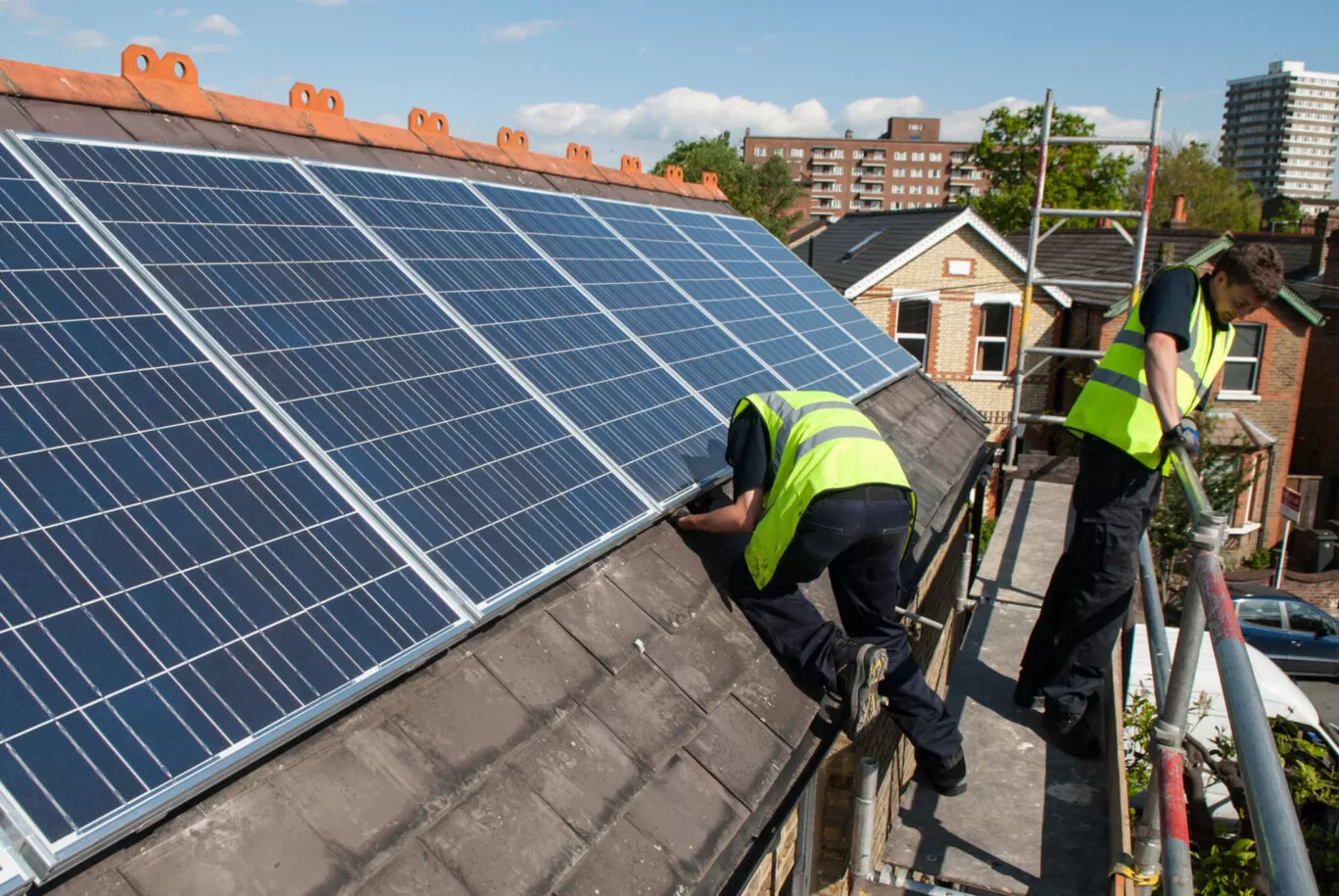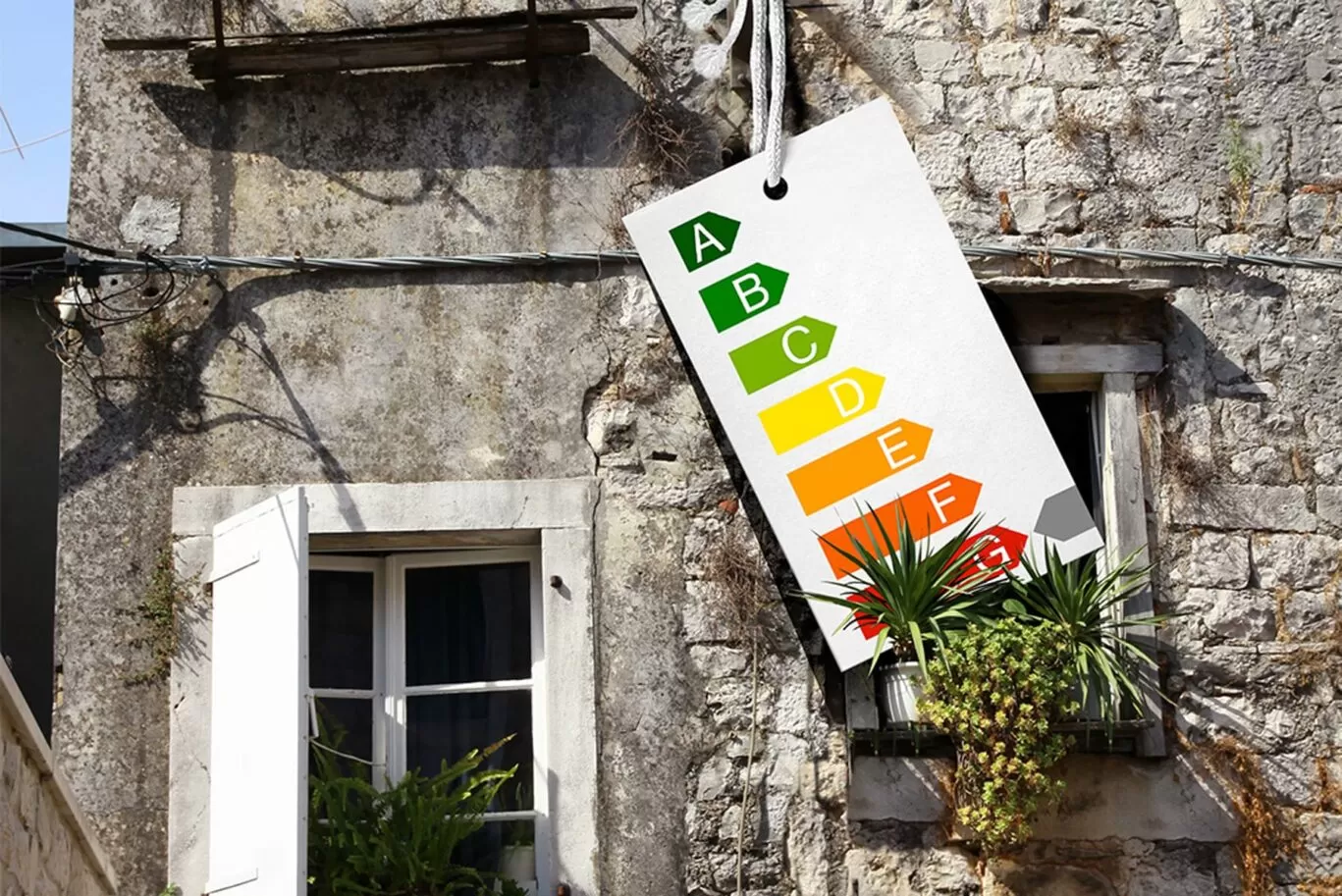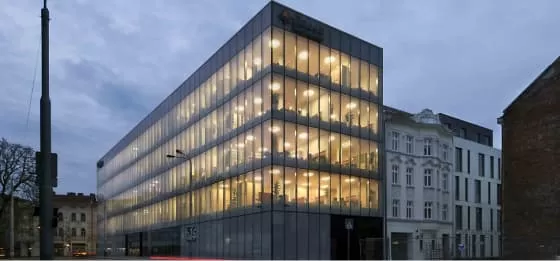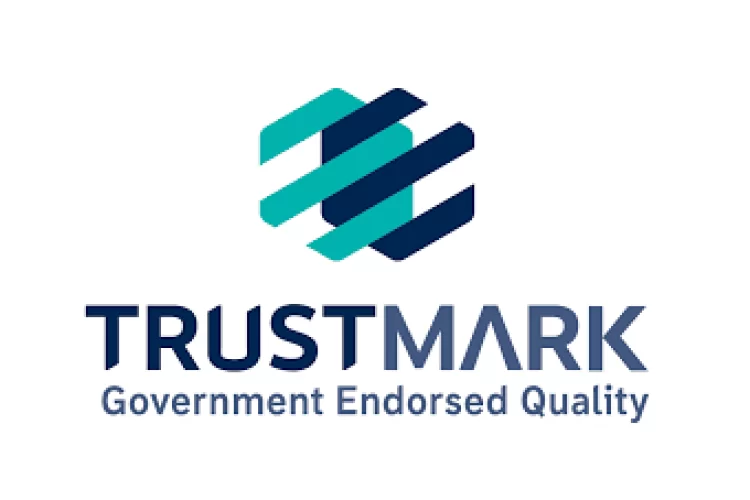The UK is going through the worst energy crisis seen in half a century. Putin’s weaponisation of fuel, the aftermath of covid, and the inefficiency of our housing stock have led to the dire situation we’re faced with right now. Though temporary fixes have been put in place, the problem calls for permanent, nationwide changes.
The Institute for Public Policy Research (IPPR) suggests that retrofit could be the key. Improving energy efficiency and heating in our homes is the only sustainable option. Not only will a push for retrofit benefit the country’s energy situation, but it will also boost the economy. This is the focus of their new document, entitled ‘Train Local, Work Local, Stay Local’.
This new guide is split into 5 main parts.
- 1 – Why retrofitting is so important in the current climate
- 2 – A nationwide retrofitting programme that can truly level up the country
- 3 – The skills challenges facing the industry
- 4 – Policy Recommendations
- 5 – Conclusion
Why retrofitting is so important in the current climate
This section talks about how retrofit is the only way to future-proof homes effectively and cut current energy bills. The additional benefits of retrofit are highlighted, including the effect it will have on the economy. It is estimated that jobs resulting from retrofit demand could number up to 900,000 by 2023!
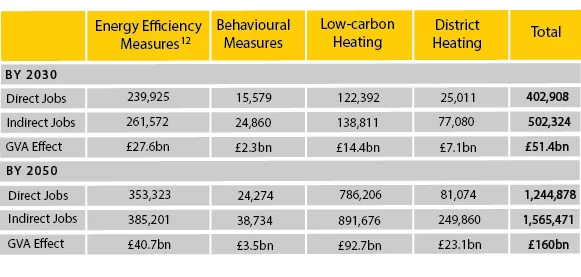
Source: IPPR Analysis
A nationwide retrofitting programme that can truly level up the country
IPPR use this chapter to highlight their plan for an effective retrofit rollout across the whole country. It revolves around 5 main focus points; standards, skills, funding, communication, and local capacity.
The skills & challenges facing the industry
As beneficial as retrofit is, it also brings some challenges – these are discussed in this chapter. It considers the fact that the areas of need do not currently have many workers already in the repair, maintenance and improvement sector. This could lead to local jobs not being created and filled. It goes on to discuss further issues, such as difficulty getting new people involved in the industry, overcoming bad practice, challenges with re-training the existing workforce etc
Policy Recommendations
IPPR uses this section to stress that a coordinated policy approach is going to be absolutely necessary. It explains how this would look for the UK and outlines what changes would be necessary to enact this.
Conclusion
The conclusion nicely sums up the message of the whole guide. It neatly summarises the challenges along the road to levelling up but also how they are far outweighed by the potential benefits.
Retrofitting the UK’s leaky, cold, and damp homes has always been about more than just meeting net zero targets but in the current dire economic context, it is now a critical lever in securing economic security
IPPR’s ‘Train Local, Work Local, Stay Local’
There has never before been such an urgent need for effective and comprehensive retrofit reform. Thankfully, publications such as this are pointing people in the right direction. Please click here to read the full guide. Also, If you’d like to get involved in this industry then please consider taking one of our professional training courses. Click here to view our upcoming dates: book your space online, or call us at 0333 012 0002.

